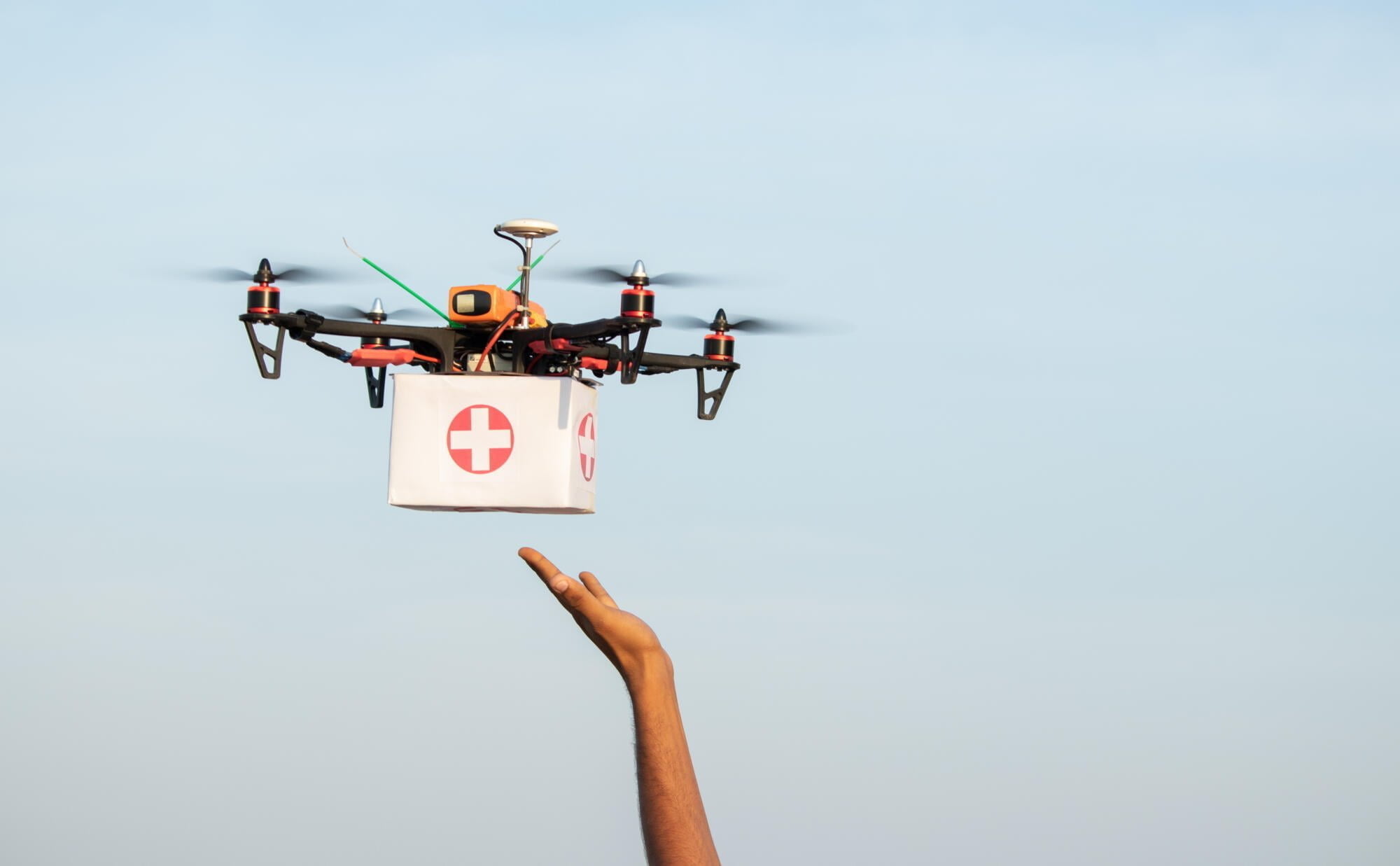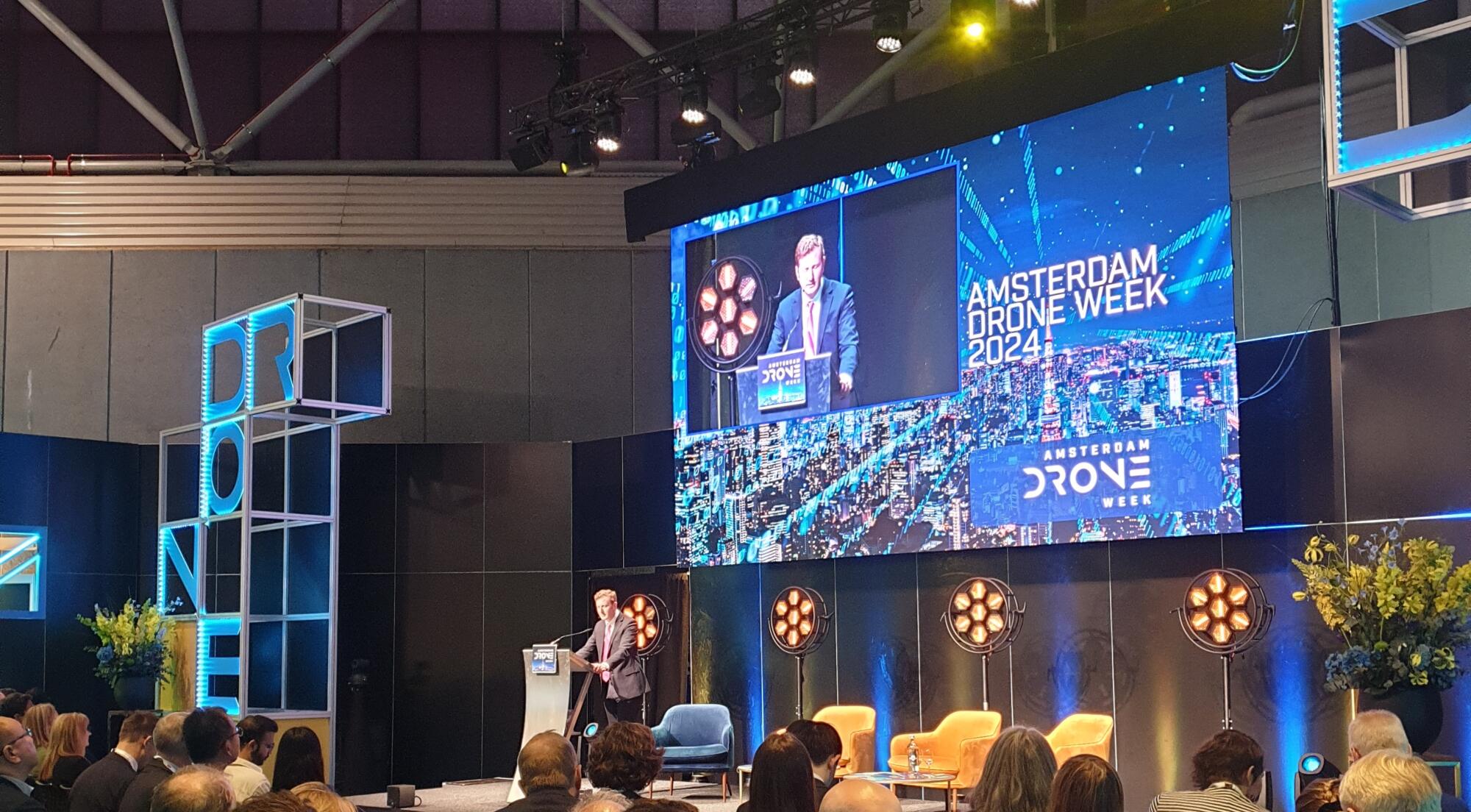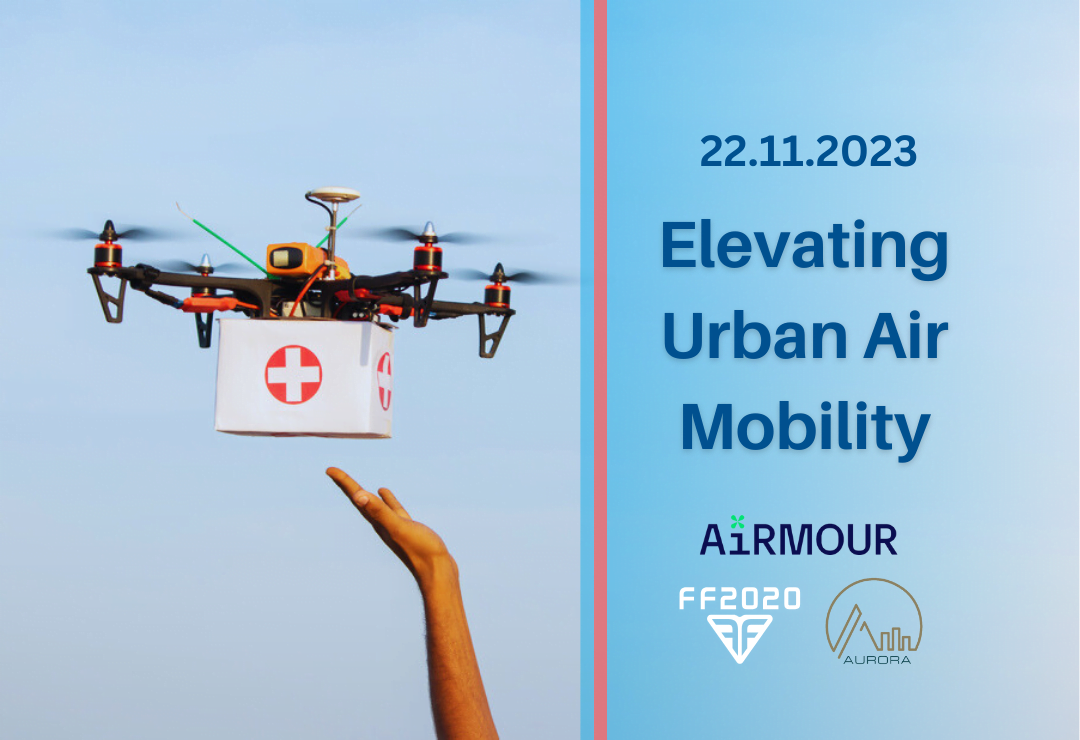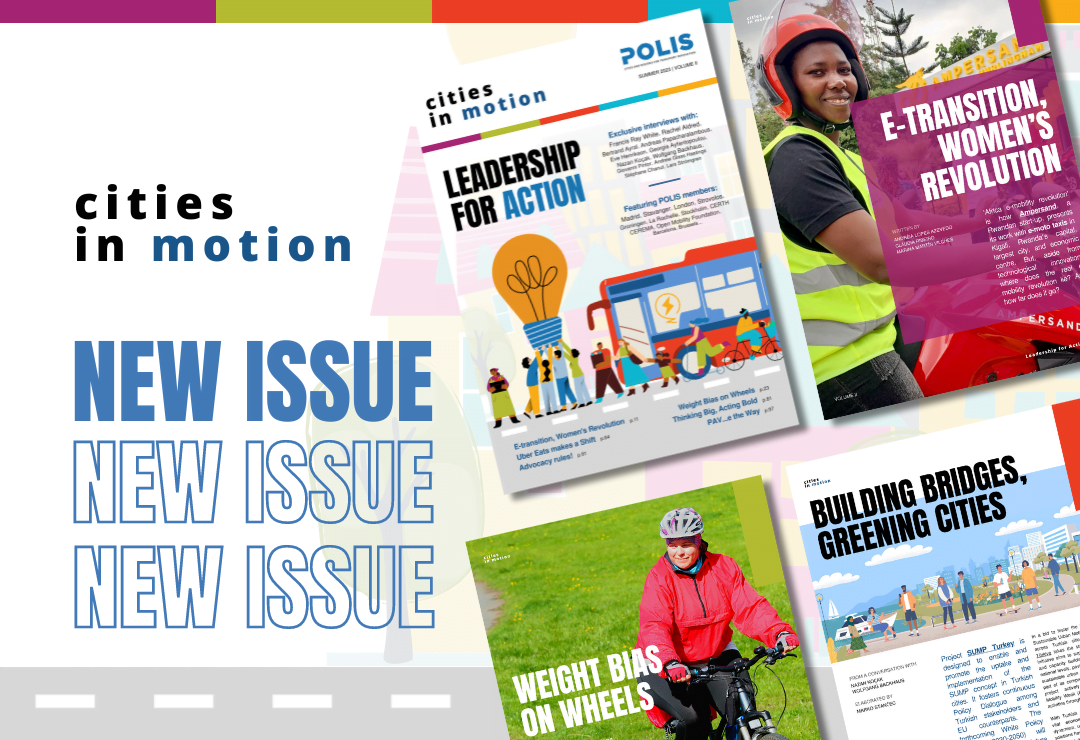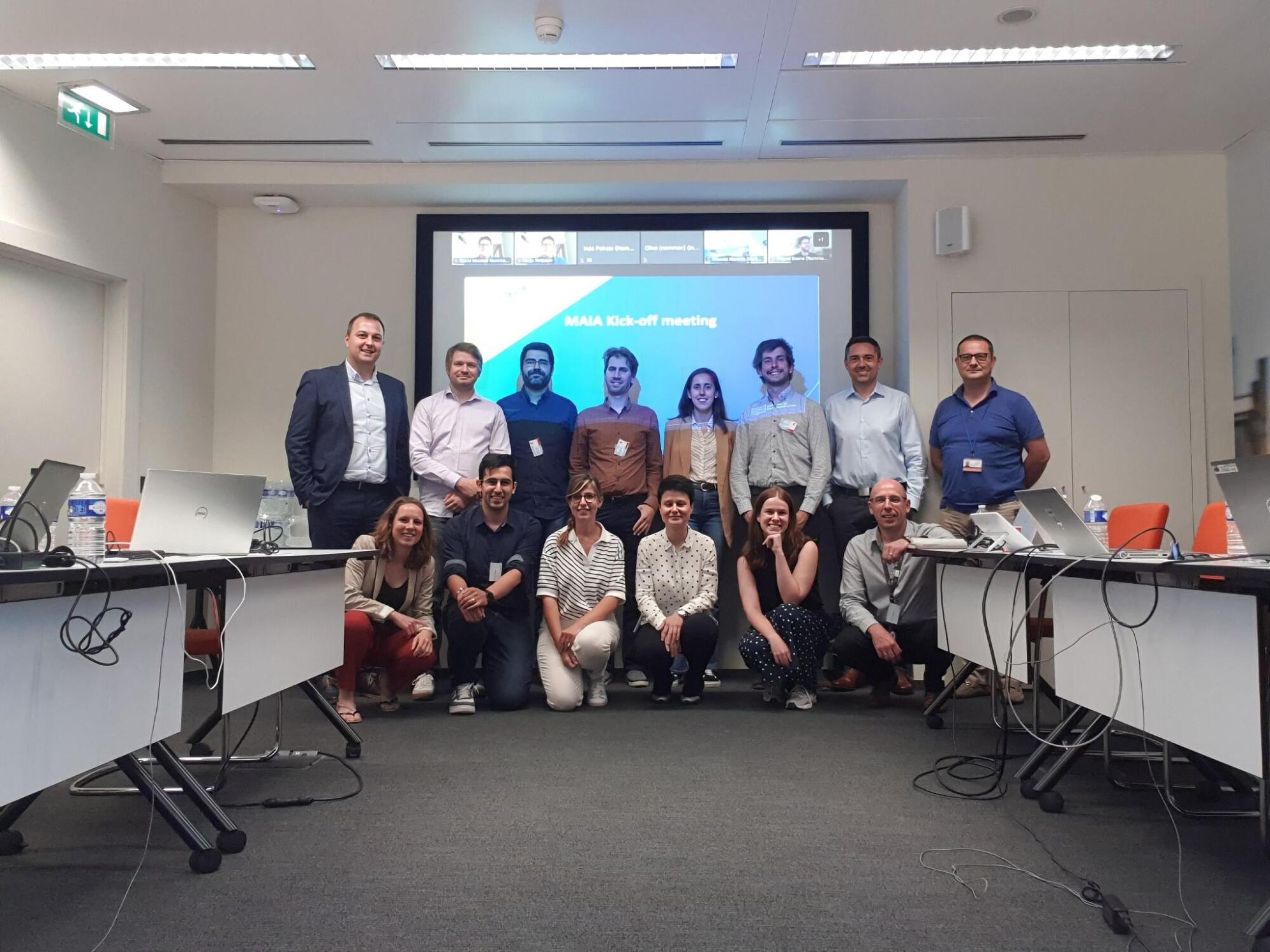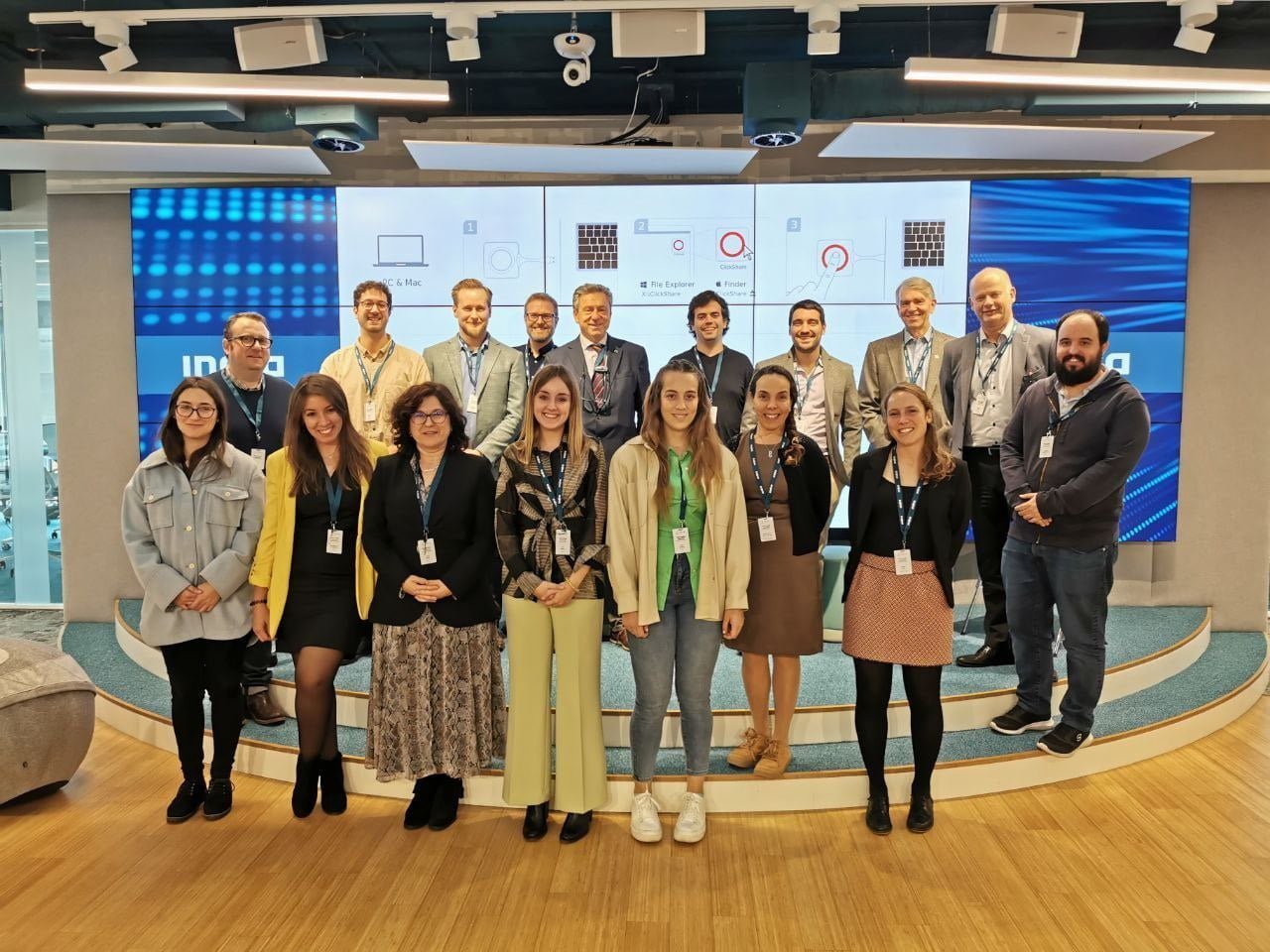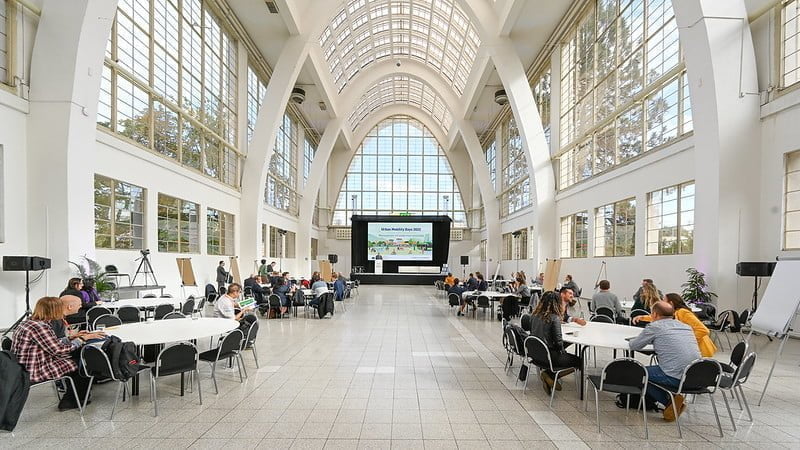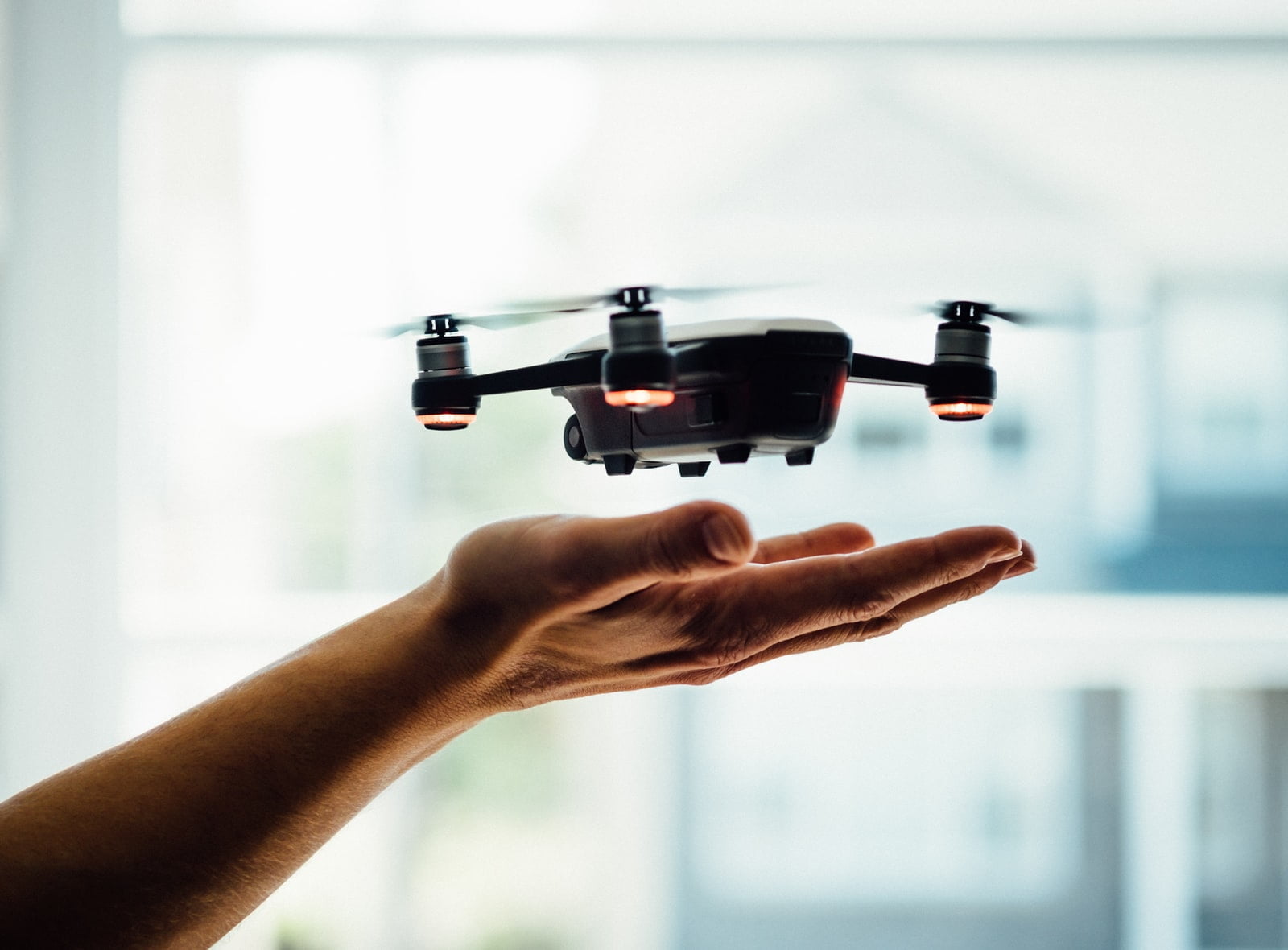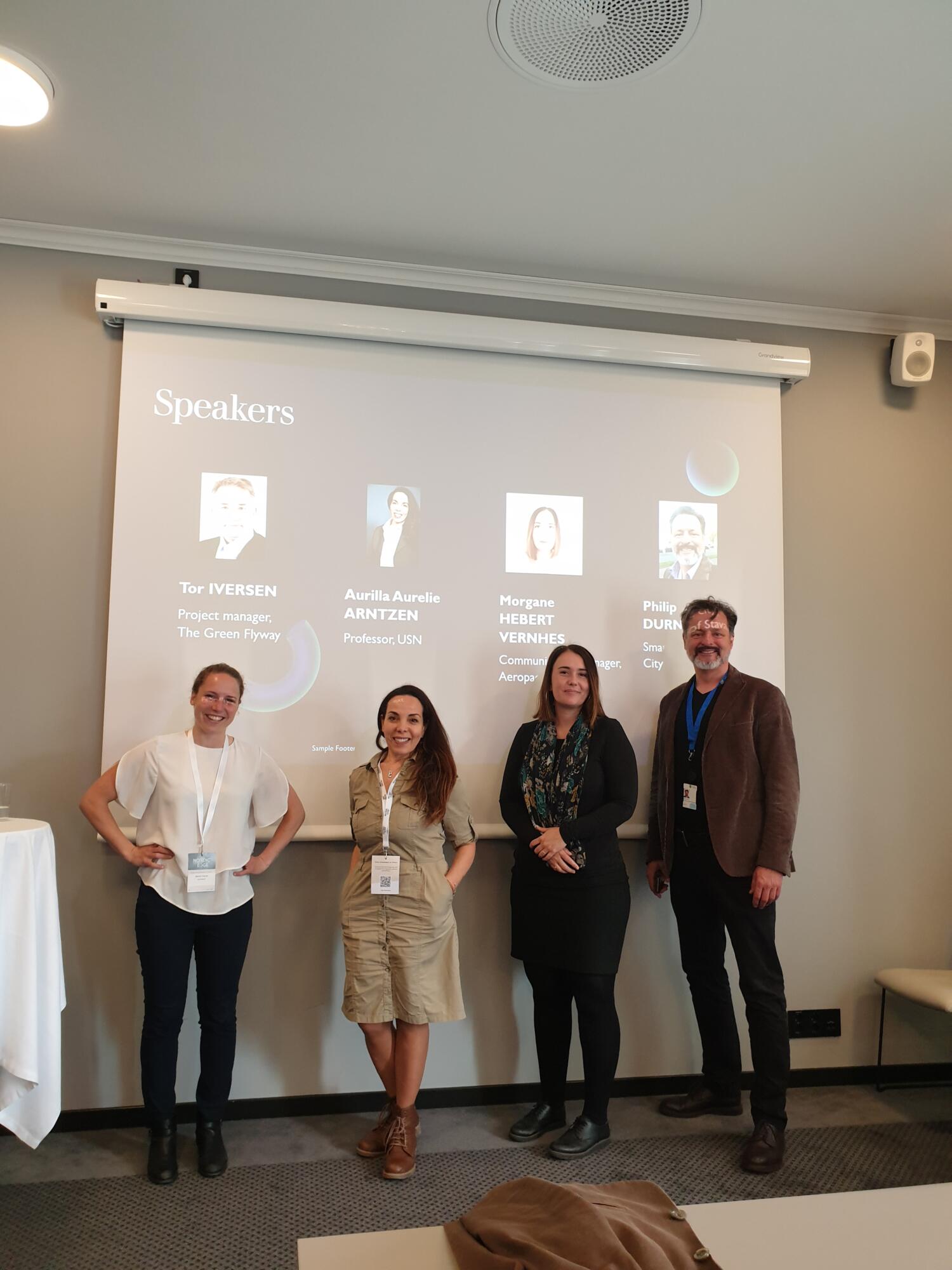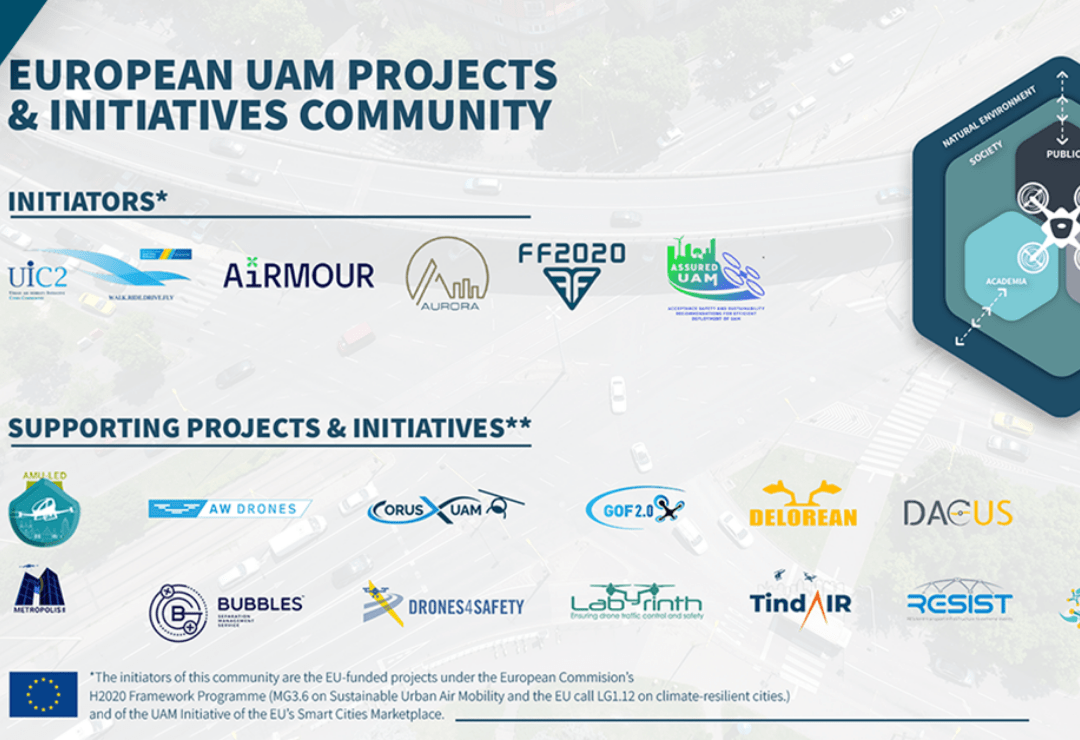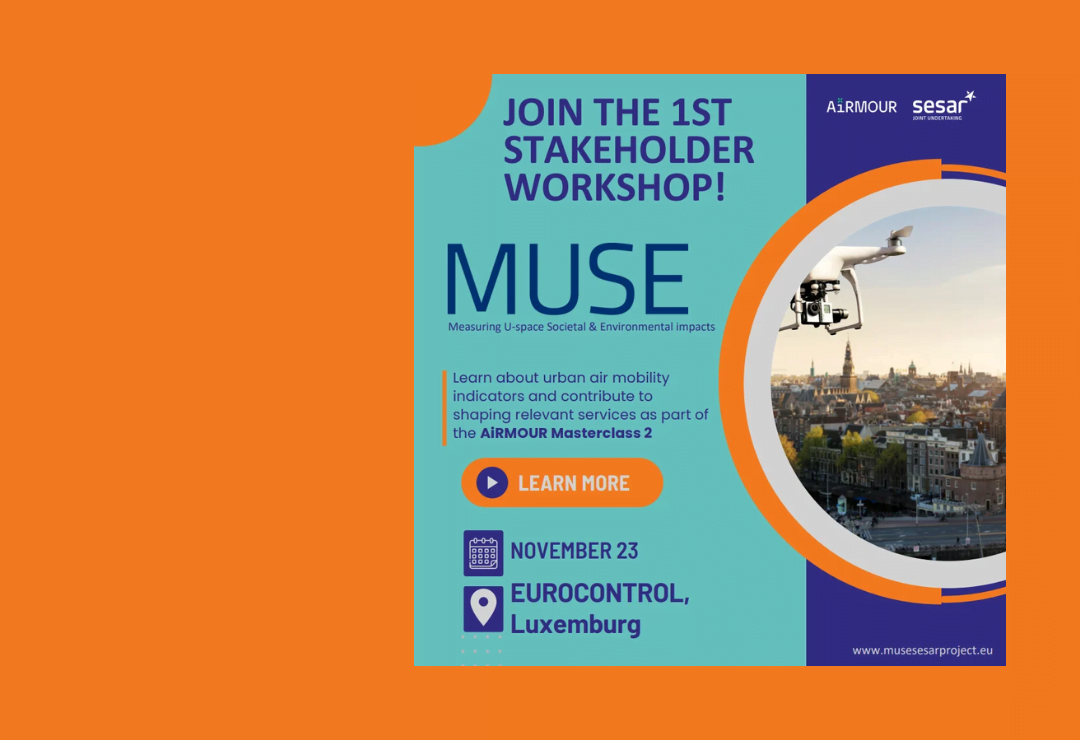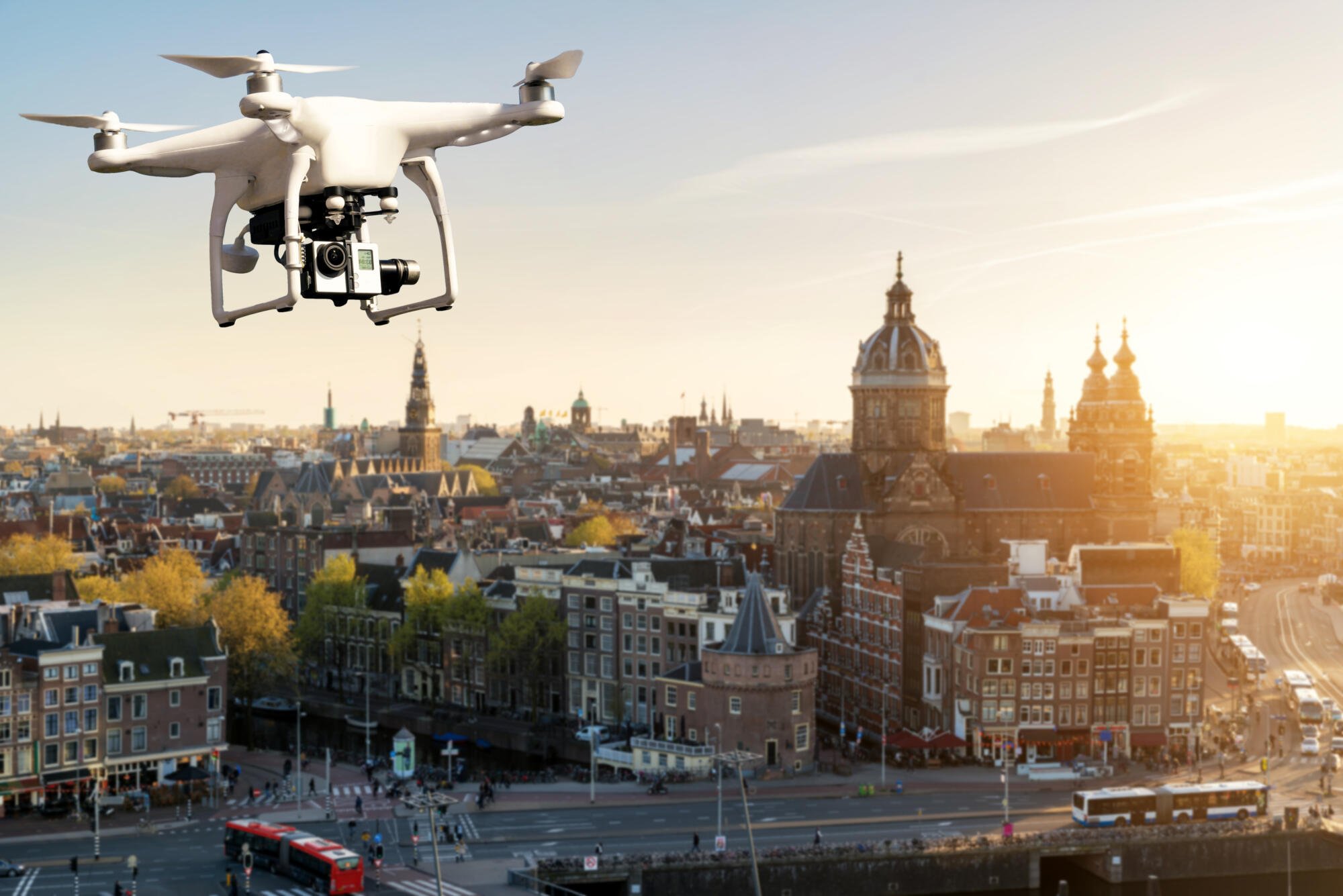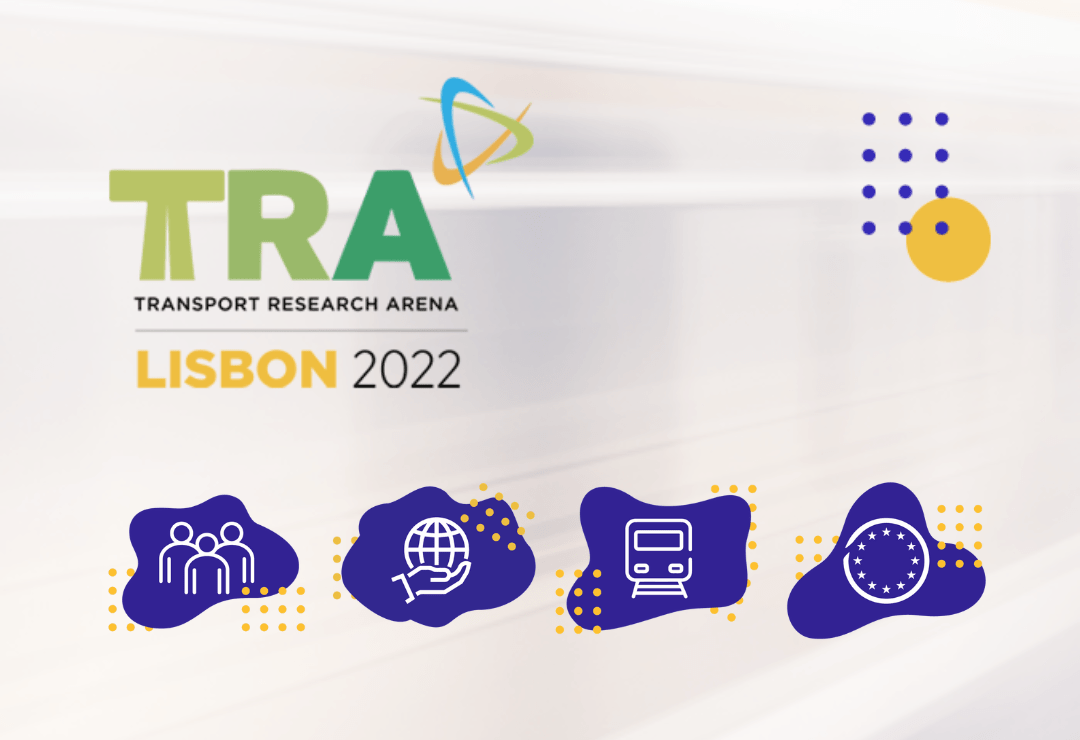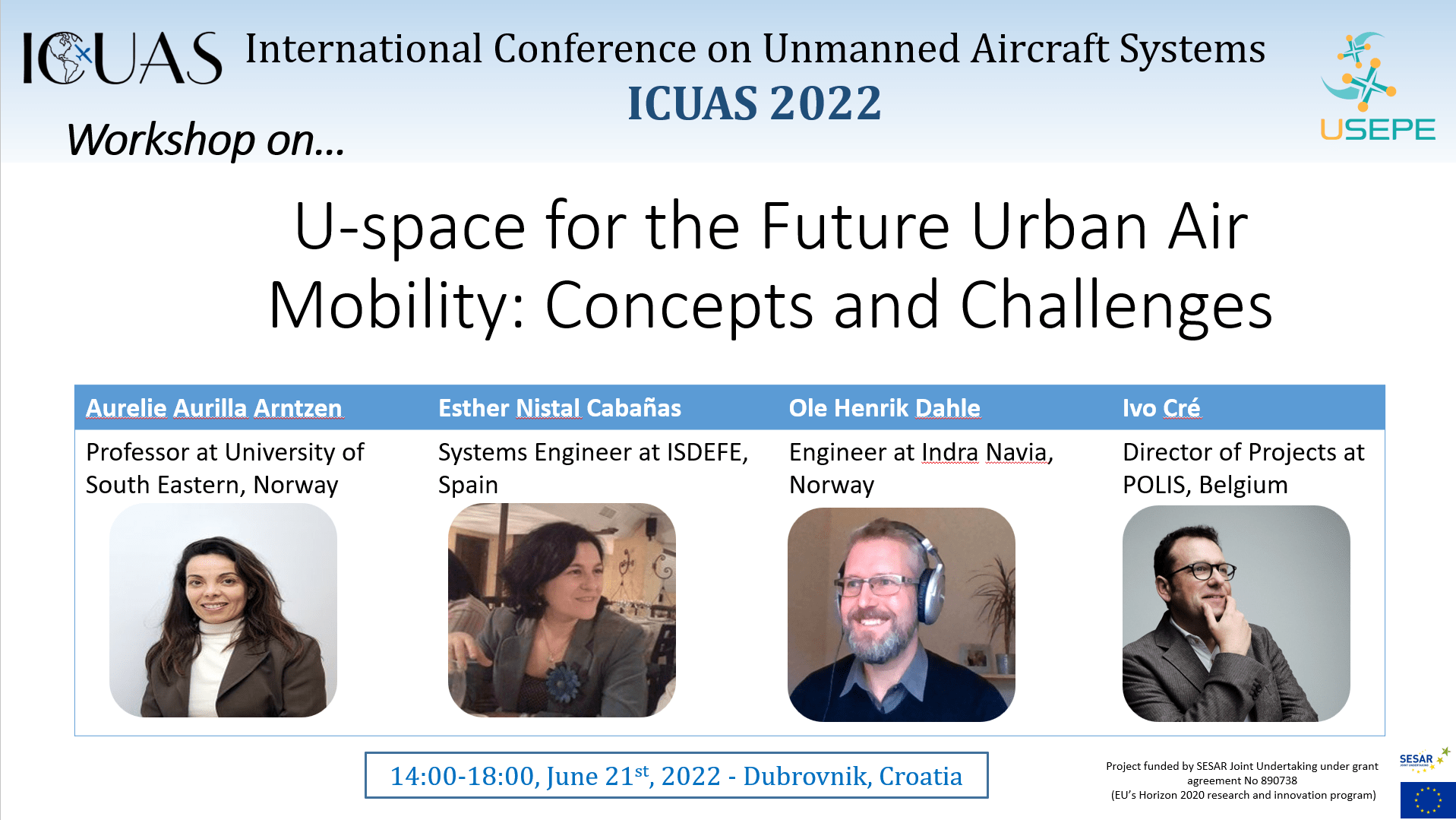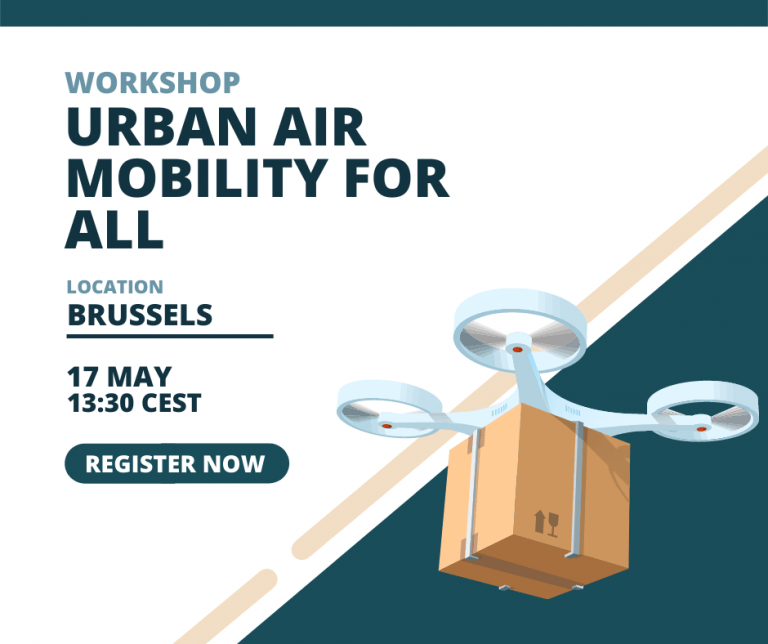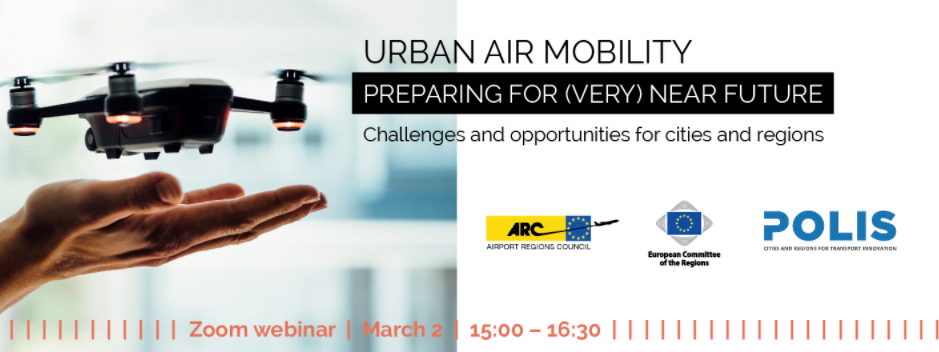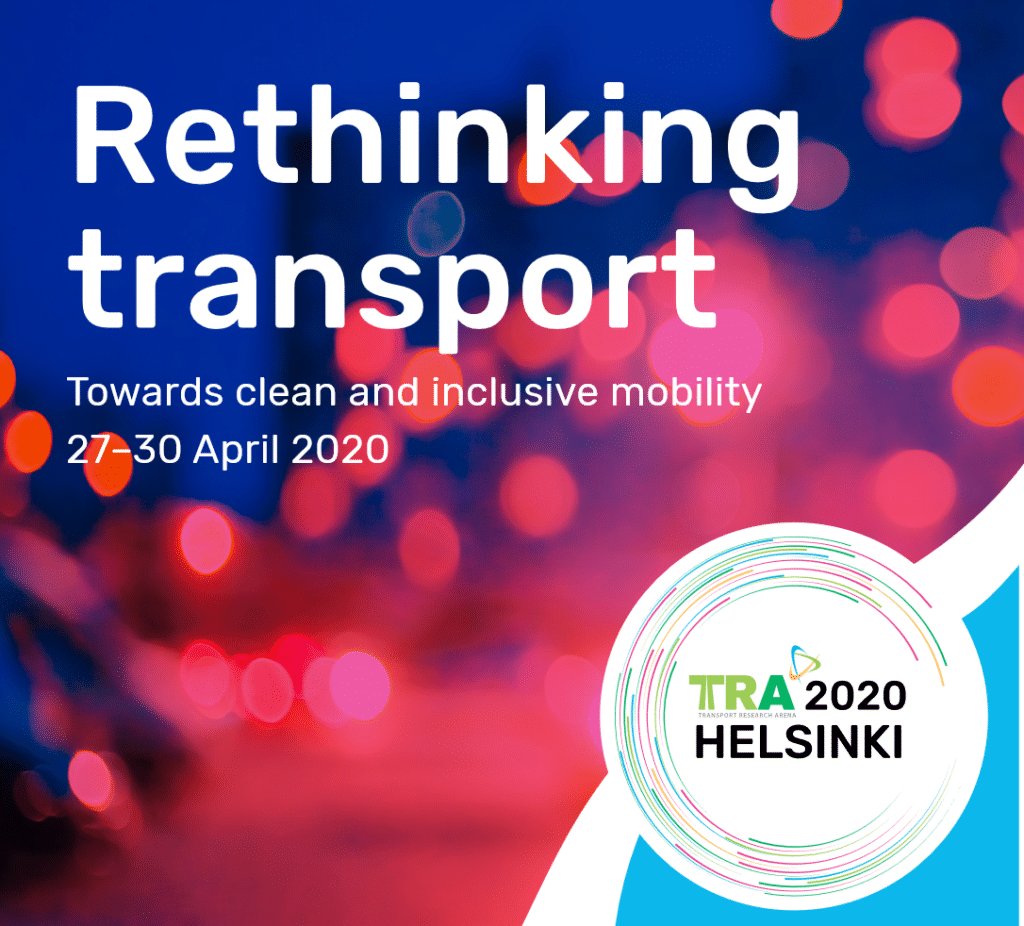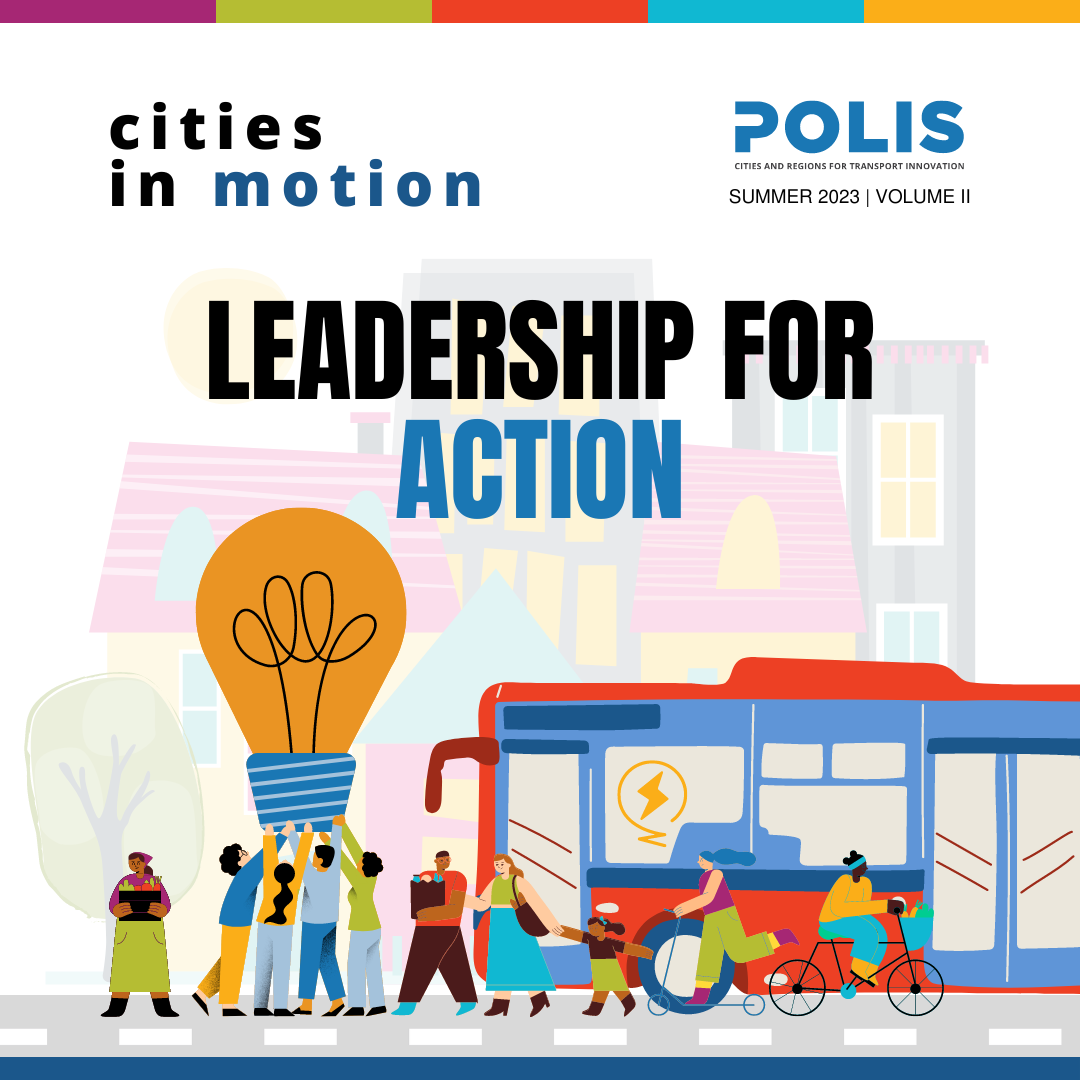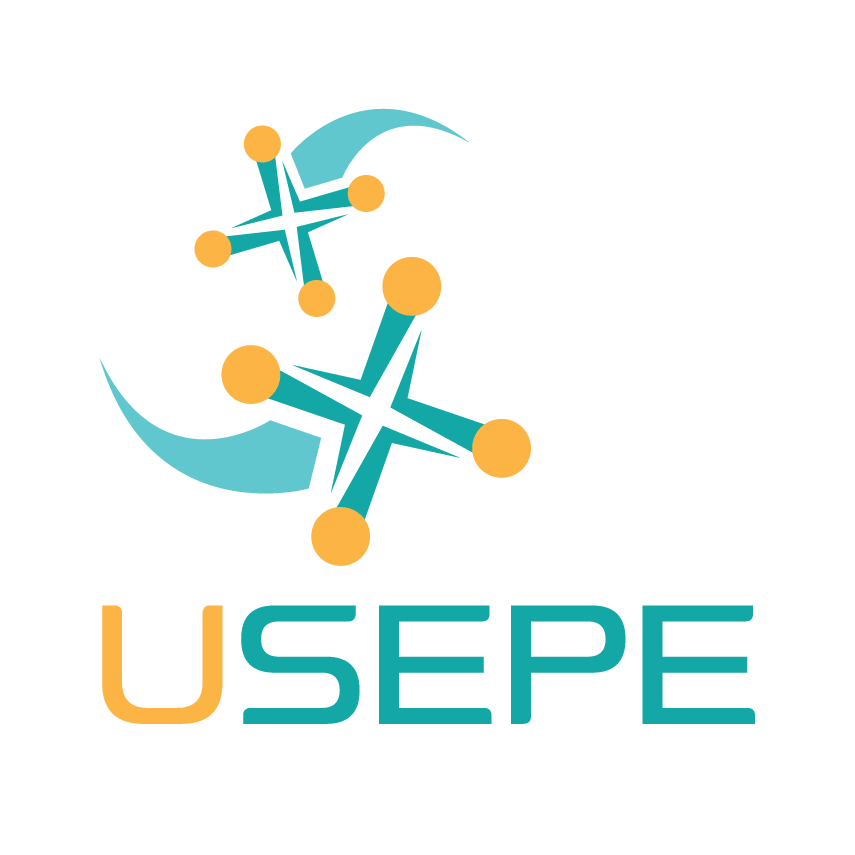Urban Air Mobility (UAM)
Urban Air Mobility (UAM) designates the air transportation system for passengers and cargo in urban environments, enabled by new technologies, and integrated into multimodal transportation systems. The transportation is performed by electric aircraft taking off and landing vertically (eVTOLs), remotely piloted or with a pilot on board.
It is currently used for authorized services only, such as firemen, surveillance of construction sites, crowded events, etc. Transportation of medical equipment is being tested in some areas.
UAM potential and challenges
UAM services have the potential of connecting isolated areas where ground access is not possible or is too costly in financial or environmental terms. The required infrastructure is indeed minimal and relatively easy to deploy, and electric propulsion limits harmful emissions if provided with clean energy sources. In addition, UAM services significantly reduce travel time, which can solve several emergency travel challenges, and increase transport safety. Finally, their economic weight can greatly benefit cities and regions.
However, significant challenges are related to the operation of eVTOLs: their operation will require a high connectivity and data exchange capacity, governance of services and rules enforcement needs to be defined, integration in existing urban mobility systems and aviation structures must be anticipated, etc. Besides, drawbacks related to operations (noise, visual nuisance, wildlife disturbance…) cause mistrust and reluctance among citizens to use and accept UAM services in their local area. Finally, infrastructure requirements and reliance must still be tested and demonstrated, especially in highly demanding weather conditions and urban environments.
POLIS involvement in UAM projects
POLIS supports local authorities’ capacity building and knowledge exchange, given their responsibilities to address this new mobility dimension. Indeed, according to the EU legislation, local authorities must be included in urban air mobility governance, under the coordination of Member States. In this view, POLIS is involved in EU-funded research on UAM innovations, such as MAIA (Multimodal Access for Intelligent Airports) and MUSE (Measuring U-space Societal and Environmental impacts), as well as in collaborations with key stakeholders of UAM development in Europe, like the UIC2 (UAM Initiative Cities’ Community).
